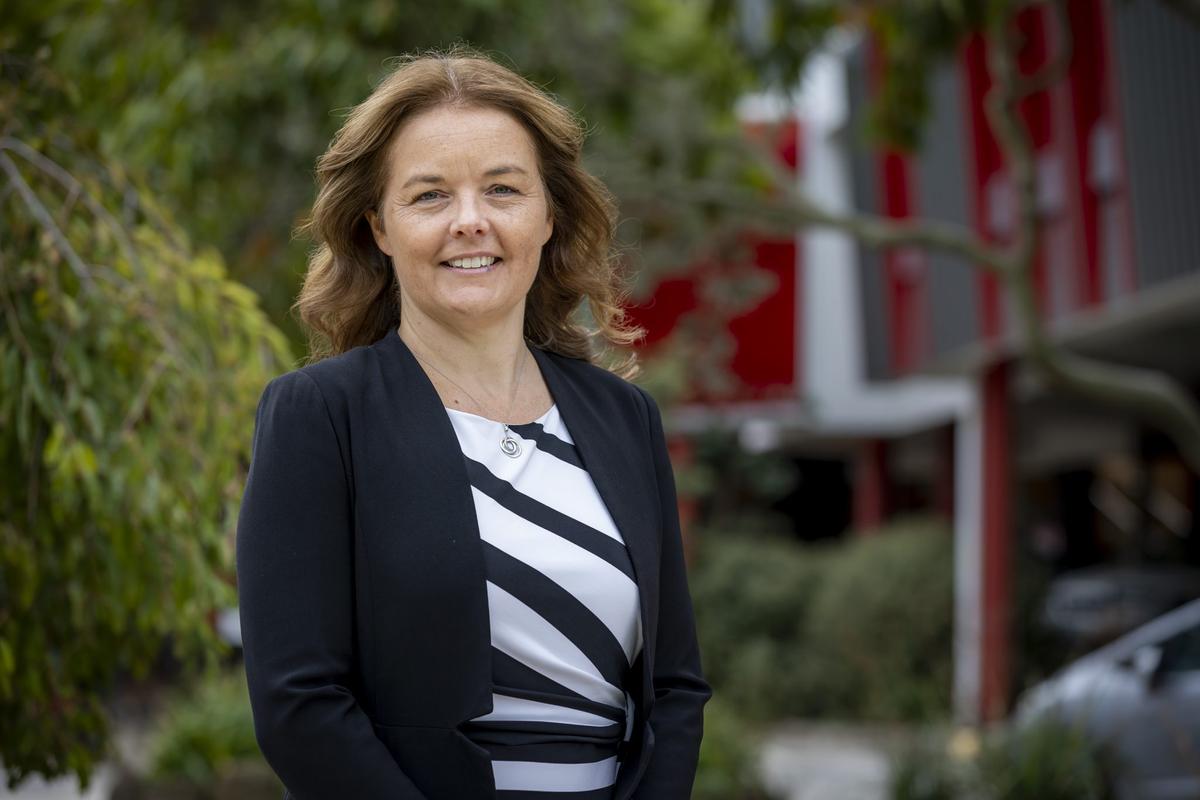Editorial
The Hope of Easter
The Easter Season invites us to reflect on the power of hope — not just as a comforting idea, but as a way of living with courage, compassion, and resilience. It reminds us that even in the face of difficulty, renewal is always possible. The story of Easter is one of profound transformation: from loss to new beginnings, from fear to trust, from despair to joy.
The late Pope Francis declared 2025 a Jubilee Year with the theme Pilgrims of Hope, inviting the global Church to walk together with faith, perseverance, and deep trust in God’s unfolding promise. While this invitation is grounded in a faith tradition, its spirit reaches far beyond religious boundaries — calling all of us to choose hope in a world that can so often feel uncertain and divided.
As Pope Francis reminded us, “Hope is not optimism; it is not a nice feeling. It is the certainty, rooted in love and faith, that God never abandons us and always keeps his promises.” This kind of hope doesn’t ignore hardship — it meets it with the conviction that something better is always possible — that compassion can heal, that justice can rise, and that we are capable of budilding a future shaped by care and community.
On March 18 at our inaugural Crossing New Seas Oration, Emeritus Professor Gillian Triggs AC offered a compelling and hope-filled reflection on the challenges facing displaced people and the urgent need for both political and personal action. Acknowledging the limits of policy reform alone, she affirmed the vital role of communities like ours: “The local communities, particularly the faith communities, are always there. They will remain a mainstay for a human and compassionate approach. They will remain open to welcoming the stranger.”
While recognising that “there are no easy solutions to the global displacement crisis,” Professor Triggs remains hopeful — a hope grounded not in idealism, but in the proven compassion and action she has witnessed at the local level. Her closing challenge stays with us: “I hope you've been ‘positively disturbed,’ but I hope you’ve also been stimulated to some action, to advocacy, and to compassion for people who certainly need our help.”
Sr Brigid Arthur, co-founder and coordinator of the Brigidine Asylum Seeker Project (BASP), echoed this message in a recent interview with Melbourne Catholic. While acknowledging that the scale of global displacement can easily lead to helplessness, she reminded us of the importance of acting locally: “We could just say that ‘it’s beyond us, it’s too hard’, but it’s important that we don’t do that and that we look at the scope of what’s possible here in our local context.” While acknowledging the complexity and scale of global displacement, Sr Brigid insists that Australia — receiving a comparatively small number of asylum seekers — has significant capacity to enhance its welcome and support.
For Kildare Ministries, hope sits at the core of our shared mission. Across our schools and community works, we see hope brought to life in everyday moments — in the generosity of students, the dedication of staff, and the quiet perseverance of those walking alongside others through challenge or change.
To be Pilgrims of Hope means recognising that we are all on a journey — sometimes steady, sometimes difficult — but never walked alone. It means choosing to accompany others with kindness and integrity, especially those who are vulnerable or marginalised. It means honouring the legacy of St Brigid and Nano Nagle, who responded to the needs of their time with extraordinary courage and compassion.
As we move through this Easter season and the Jubilee Year, may we carry this spirit of hope with us — not because we know what lies ahead, but because we believe in our shared capacity to bring light, healing, and possibility into the world. Hope is not always easy — but it is always worth choosing.


